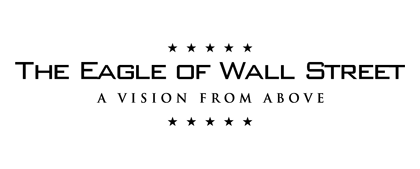High Finance Experts
What is a High Finance Business Opportunity?
A business opportunity, in the simplest terms, is a packaged business investment that allows the buyer to begin a business.
Making matters more complicated, 23 states have passed laws defining business opportunities and regulating their sales. Often these statutes are drafted so comprehensively that they include franchises as well. Although not every state with a business opportunity law defines the term in the same manner, most of them use the following general criteria:
- A business opportunity involves the sale or lease of any product, service, equipment and so on that will enable the purchaser-licensee to begin a business.
- The licenser or seller of a business opportunity declares that it will secure or assist the buyer in finding a suitable location or provide the product to the purchaser-licensee.
- The licenser-seller guarantees an income greater than or equal to the price the licensee-buyer pays for the product when it’s resold and that there’s a market present for the product or service.
- The initial fee paid to the seller to start the business opportunity must be more than $500.
- The licenser-seller promises to buy back any product purchased by the licensee-buyer in the event it can’t be sold to prospective customers of the business.
- Any products or services developed by the seller-licenser will be purchased by the licensee-buyer.
- The licenser-seller of the business opportunity will supply a sales or marketing program for the licensee-buyer that many times will include the use of a trade name or trademark.
These are the most common types of business opportunity ventures:
Distributorships. A distributorship involves entering into an agreement to offer and sell the product of another, without being entitled to use the manufacturer’s trade name as part of the agent’s trade name. Depending on the agreement, the distributor many be limited to selling only that company’s goods or may have the freedom to market several different product lines or services from various firms.
Rack Jobbing. This involves selling another company’s products through a distribution system of racks in a variety of stores that are serviced by the rack jobber. In a typical rack-jobbing business opportunity, the agent or buyer enters into an agreement with the parent company to market their goods to various stores by means of strategically-located store racks. Under the agreement, the parent company obtains a number of locations in which it places racks on a consignment basis. It’s up to the agent to maintain the inventory, move the merchandise around to attract the customer, and do the bookkeeping. The agent presents the store manager with a copy of the inventory control sheet, which indicates how much merchandise was sold, and then the distributor is paid by the store or location that has the rack, less the store’s commission.
Vending Machine Routes. These are very similar to rack jobbing. The investment is usually greater for this type of business opportunity venture since the businessperson must buy the machines as well as the merchandise being sold in them, but here the situation is reversed in terms of the payment procedure. The vending machine operator typically pays the location owner a percentage based on sales. The secret to a route’s success is to get locations in high-traffic areas and as close to one another as possible. If your locations are spread far apart, you waste time and traveling expenses servicing them, and such expenses can spell the difference between profit and loss.





